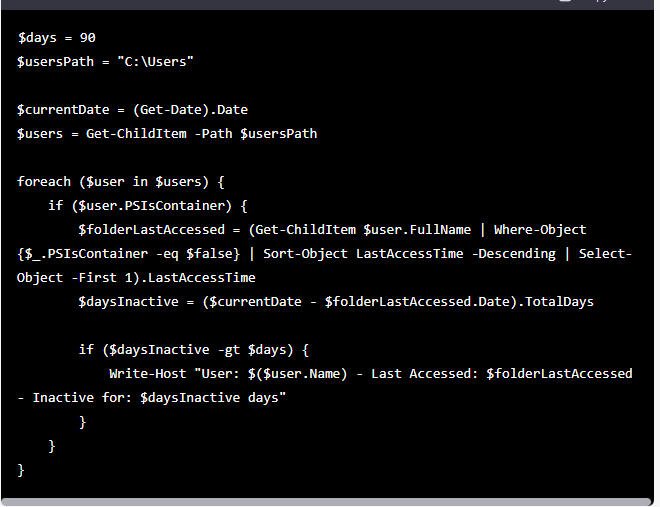- Master Arif
- +44(0)7790029002
- [email protected]
How to Prevent Users From Deleting Cookies and Browser History
Disable Private Browsing in Internet Explorer, Chrome
March 29, 2019
How to Fix “MMC has detected an error in a snap-in and will unload it” On Windows 7 or Windows Server 2008 R2-based computer
April 1, 2019How to Prevent Users From Deleting Cookies and Browser History
here are two options to start with. First is to create another user account. Deleting web history in that account won’t affect your account.
If the above method is not feasible then you could always do it by editing the Windows group policy editor and that’s what we are going to discuss in detail.
Here are the steps.
1. To edit the group policy editor settings, click on Start button. Type gpedit.msc in the search box and press enter.

2. In Local Group policy editor go to Computer Configuration-> Administrative Templates-> Windows Components-> Internet Explorer-> Delete browsing history.

3. On right you will find many options. You can find options for prevent deleting cookies, history, private filtering data, temporary internet files, favorite site data, form data etc.

4. Right click on the first option, i.e. “Prevent deleting cookies”. Select “edit” from the right click menu.

5. Select the “Enable” option and click OK.

6. Similarly right click on second option “Prevent deleting websites that the user has visited” and enable it.
7. To see the steps in action, open the internet explorer and perform the following task.
- Go to Tools->Internet Options.
- In the Internet, Options dialogue box go to General tab. Under browsing history click Delete button.
- In the Delete Browsing History dialogue box, you can’t select check box next to Cookies.

You can see there is a notification in yellow at the bottom that says, “Some settings are managed by your system administrator”.
So that’s how you use the group policy editor in Windows to prevent deleting browser history and cookies in Internet Explorer. The group policy editor is a nice tool to manage a lot of settings. We’ll talk about it in future articles.
How to Prevent Users From Deleting Cookies and Browser History for Google Chrome
Chrome
The steps to do this task on Chrome is a little bit difficult. But, it can be done.
-
- Go to this URL.
- Click on the Windows and Linux option.
- Download the zip file (first link) and unzip it.
- Open Run command (Shortcut: Windows key + R) and type gpedit.msc (to open Local Group Policy Editor).
- Right-click the “Administrative Templates” under the “Computer Configuration”.
- Select “Add/Remove Templates….” option.

- In the popup, click on “Add” button.
- Now go to the following location:
policy_templates (the file you’ve downloaded and unzipped) > windows > adm > en-us
-
- You can see the chrome.adm file. Select it and click on “Open” button.
- Close the popup and you can see Classic Administrative Templates (ADM) now in the right pane.
- Select the following:
Classic Administrative Templates (ADM) > Google > Google Chrome
-
- Now you can see a lot of settings. Find and open “Deleting Browser History”.
- Select “Enabled” radio button.
- In the “Deleting Browser History” drop-down list, select “Incognito mode disabled”.
-

